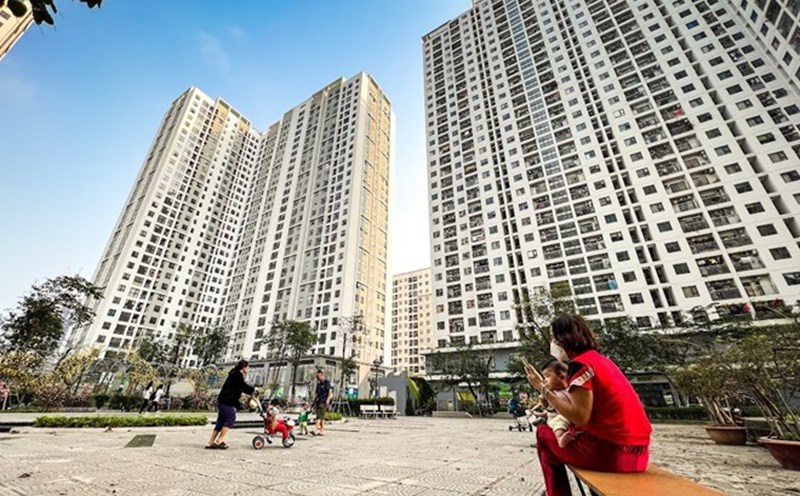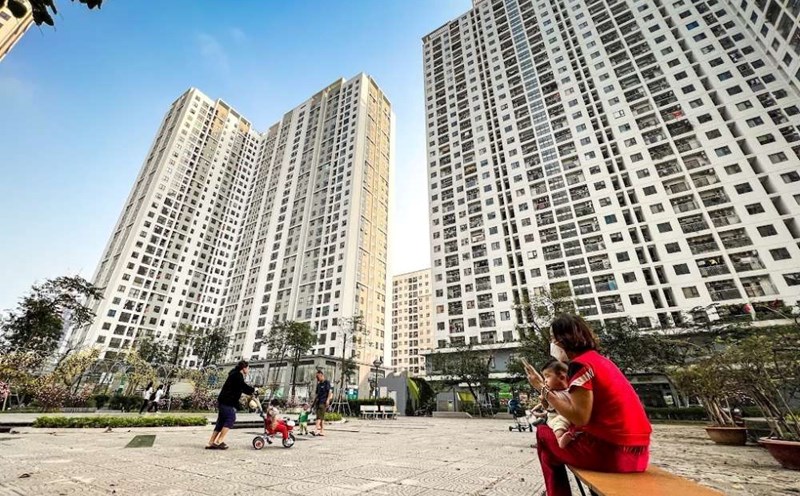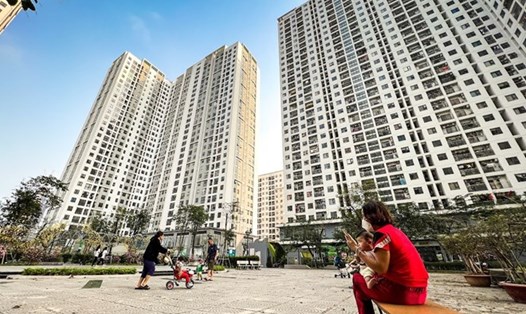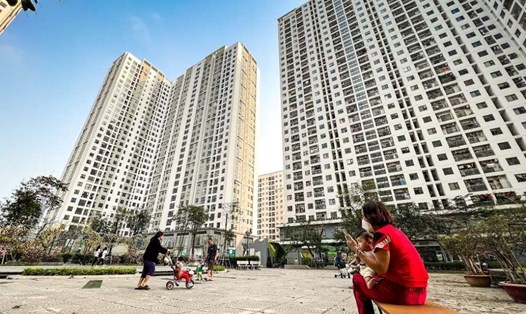Many positive changes in social housing
Recently, the social housing segment is recognizing positive changes, helping to increase the chances of the people's housing. In 2025, many social housing projects are expected to start or open such as N01 Ha Dinh social housing project (Thanh Xuan, Hanoi); Housing of Uy Dong Anh (Dong Anh, Hanoi); social housing CT3 Dong Anh; social housing Rice City Thuong Thanh (Long Bien, Hanoi; Phu Lam Social Housing (Ha Dong, Hanoi); Social housing of Nam Vinh Yen New Urban Area (Vinh Yen, Vinh Phuc); Cat Tuong Smart City Project (Bac Ninh), Hoa Phu Social Housing (Binh Duong) ...
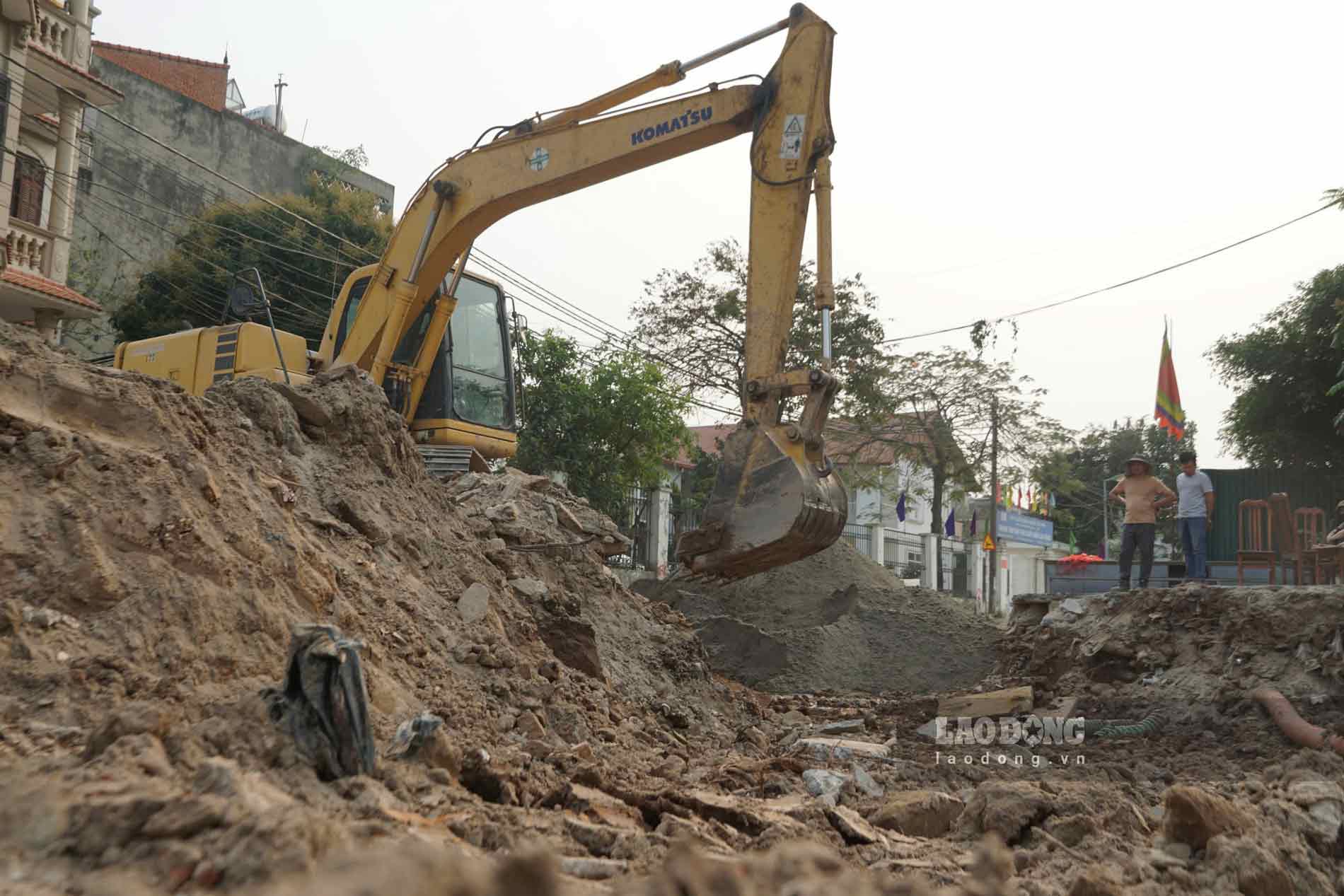
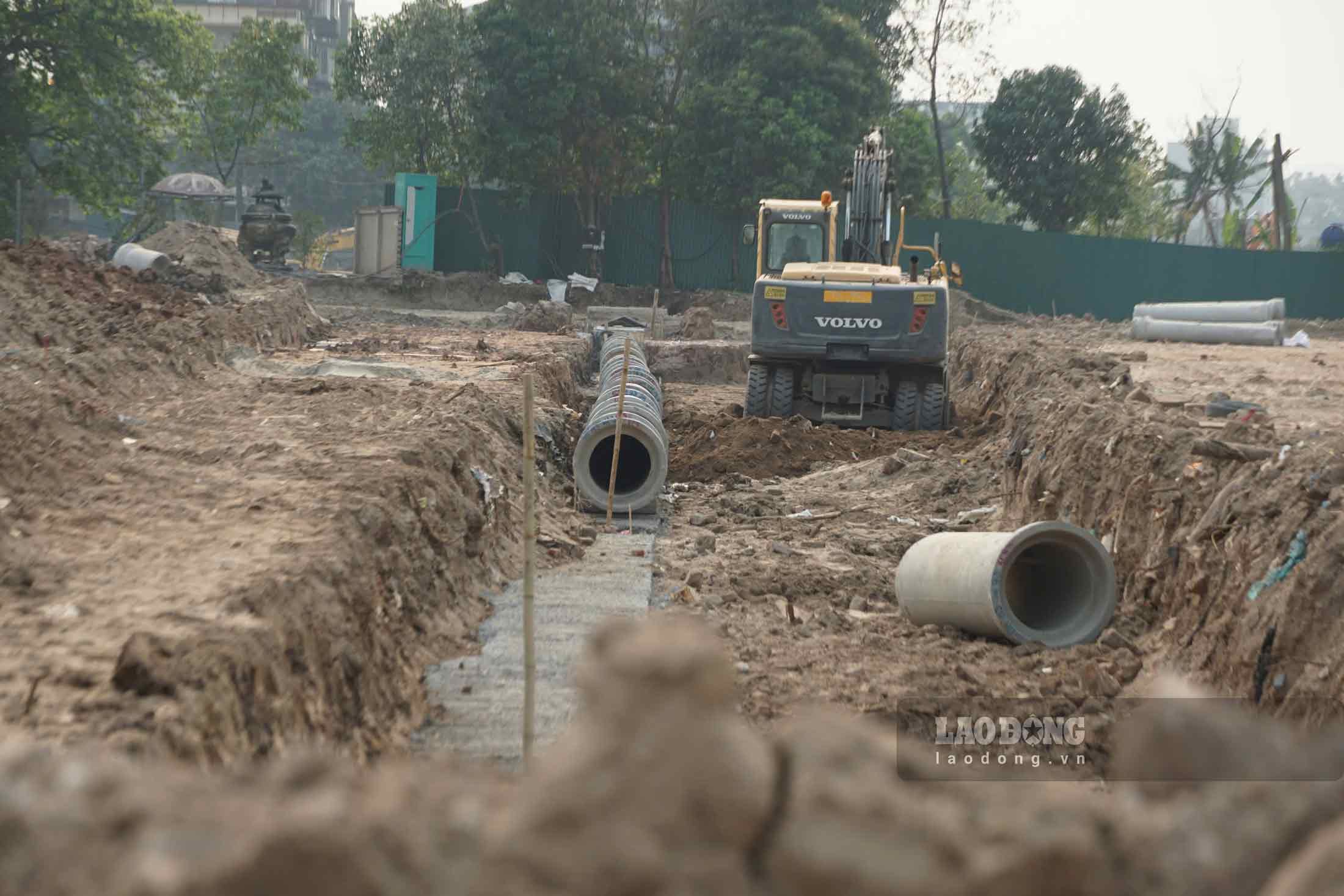
Mr. Nguyen Quoc Anh - Deputy General Director of Batdongsan.com.vn - emphasized that Decree 100 has loosened some regulations for social housing buyers. Accordingly, with current regulations, people with an income of less than 15 million VND/month, individuals who do not have a house or have a house but have an area of less than 15m2/person (in the area registered to buy social housing) are allowed to buy social housing.
A survey by Batdongsan.com.vn with more than 500 brokers shows that the current market has the highest expectations for loose real estate credit policies. In 2025, credit growth is expected to increase to 16% and real estate lending rates are continuing to decline.
In the first quarter of 2025, many commercial banks launched preferential loan packages for young people to borrow for real estate such as BIDV launching a credit package of VND40,000 billion to support young people to buy a house with interest rates from 5.5%/year, maximum loan for 40 years; SHB with annual interest rates from 3.99%/year, maximum loan for 35 years; HD Bank with annual interest rates from 4.5%, maximum loan for 50 years... When cash flow is consolidated, the market is expected to continue to follow the recovery roadmap from the second quarter of 2025.
Financial support policies need to be more flexible
Ms. Cao Thi Thanh Huong - Senior Manager, Savills Ho Chi Minh City Consulting and Research Department - commented that the opportunity to own a house for young people is currently improving thanks to a series of new policies in laws such as the Land Law, Housing Law and Real Estate Business Law. These positive changes contribute to promoting investment capital flows, while expanding the supply of social housing and affordable housing segments.
In addition, the development of urban infrastructure, especially key transportation routes such as metro in Ho Chi Minh City and Hanoi, also plays a key role in expanding urban space, creating conditions for people to access housing in the suburbs at reasonable costs and connect conveniently. Financial support programs for people under 35 are helping young people get closer to their dream of settling down.
However, according to Ms. Huong, the age limit in financial support packages needs to be reconsidered. Currently, borrowers over 45 years old are often limited in accessing credit because banks are afraid of risks in income and remaining working hours. Meanwhile, from the perspective of social security, the need to own a house does not depend on age. Therefore, credit policies should be designed flexibly, suitable for each group of subjects based on age, circumstances and financial capacity. This will help expand settlement opportunities for all classes in society.
According to Ms. Huong, when appropriate credit policies are effectively implemented, buyers can access housing more easily, while real estate businesses will also benefit from improved liquidity, reduced inventory and reinvestment in production.

